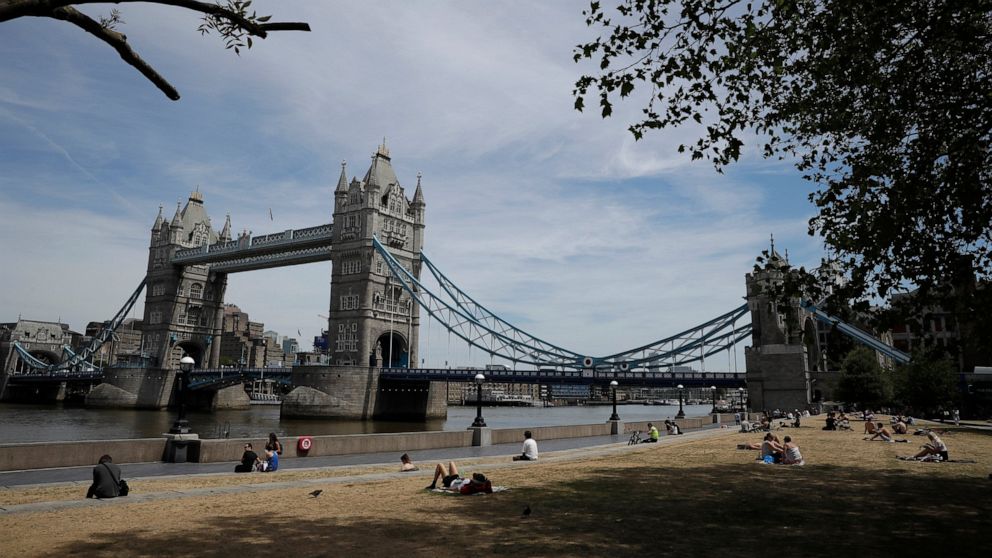UK firms slash jobs to cope with outbreak’s long term impact
Companies linked to hospitality and travel in Britain are shedding thousands of jobs as the longer term consequences of the COVID-19 pandemic take hold, choosing to slim down for survival rather than await potential government handouts
By
DANICA KIRKA Associated Press
July 1, 2020, 3:10 PM
3 min read
3 min read
LONDON — Companies linked to hospitality, travel and retail in Britain have announced thousands of more job cuts as the longer term consequences of the COVID-19 pandemic take hold, choosing to slim down for survival rather than await potential government handouts.
The owner of sandwich and coffee shop chain Upper Crust was the latest business that caters to travelers to announce cuts Wednesday. Some 5,000 jobs are under threat as travelers stay home amid the COVID-19 pandemic.
It comes only a day after Airbus cut 15,000 jobs, including 1,700 in the U.K. Budget airline easyJet began consultations with unions on cutting a third of its staff, or 4,500 jobs in all.
Retail is also taking a huge hit. Even stalwarts such as British shopping icon Harrods reportedly drew plans for 700 cuts, blamed in part on a lack of tourists. The Guardian newspaper reported that Harrods boss Michael Ward told staff in a memo that “devastation in international travel has meant we have lost key customers coming to our store.”
Around 600 workers will lose their jobs at TM Lewin after the shirtmaker said it would close all of its shops. John Lewis Partnership warned about store closures and the Topshop empire also revealed redundancy plans for 500 management jobs.
Prime Minister Boris Johnson sidestepped pressure for more direct support to hard-hit industries during question time in the House of Commons on Wednesday, noting that government programs have offered a lifeline to some 11 million workers. He’s putting his money going forward on a public works extravaganza that he’s likened to Franklin D. Roosevelt’s New Deal.
“We’re going to build, build, build and deliver jobs, jobs, jobs for the people of this country,” he said.
That’s not helping hard hit sectors such as aviation though. The sector has been pressing for a bespoke solution. In the meantime, there have been cuts and promises of more.
EasyJet CEO Johan Lundgren said job losses and the potential closure of three bases in the U.K. could not be avoided given the near- halt of air travel globally. Change was necessary for survival.
“These are very difficult proposals to put forward in what is an unprecedented and difficult time for the airline and the industry as a whole,’’ he said. “We are focused on doing what is right for the company and its long term health and success so we can protect jobs going forward.’’
The collapse of travel is also having further ripples into the economy. BP and Shell have both taken multibillion-dollar write-downs on the value of their assets, warning investors that it will take a long time for the economy to recover after the pandemic.
SSP, which operates Upper Crust and has business in 30 countries, including the U.S., India and China, is only making cuts in its UK business. CEO Simon Smith said that in the U.K., “the pace of the recovery continues to be slow,” and action needed to be taken.
Unions are alarmed at the waves of promised redundancies, arguing that the government’s furlough program is not enough to keep people in work for the long term. Mick Lynch, assistant general secretary at rail union RMT, said the cuts were “savage”
“Support services across the rail industry are facing a real crisis in the months ahead which will hammer both the workforce and those who rely on their facilities if the government doesn’t intervene as the lockdown eases,” he said.
![]()


